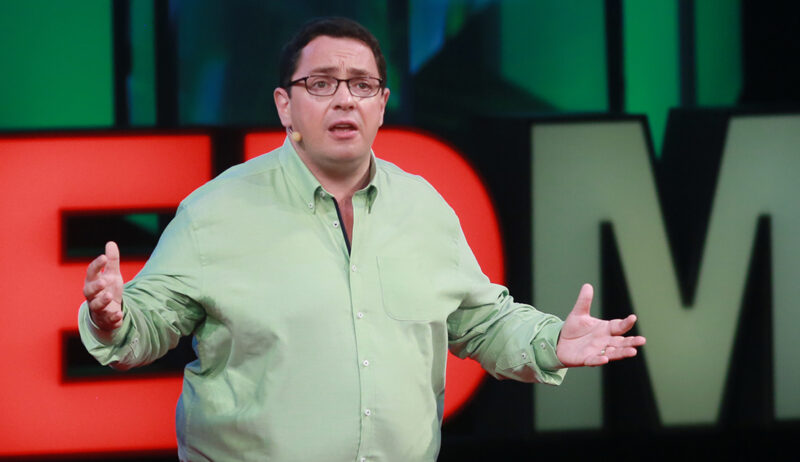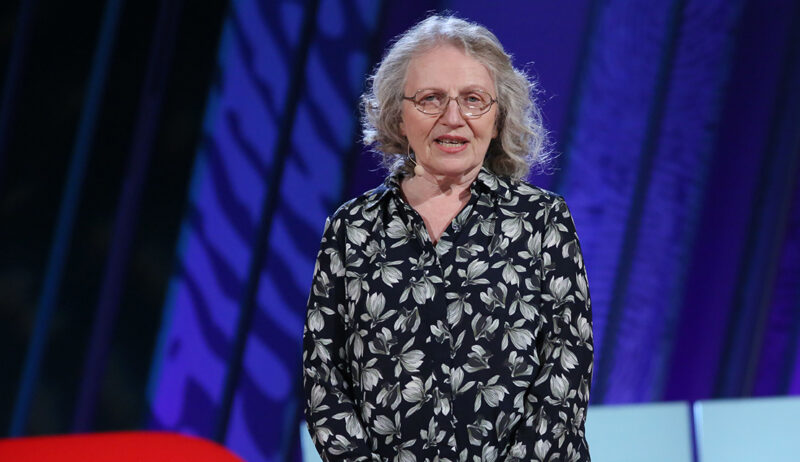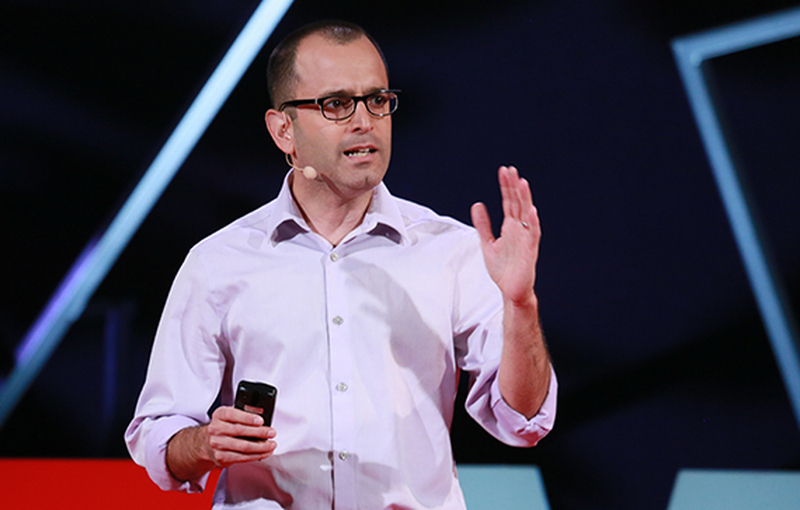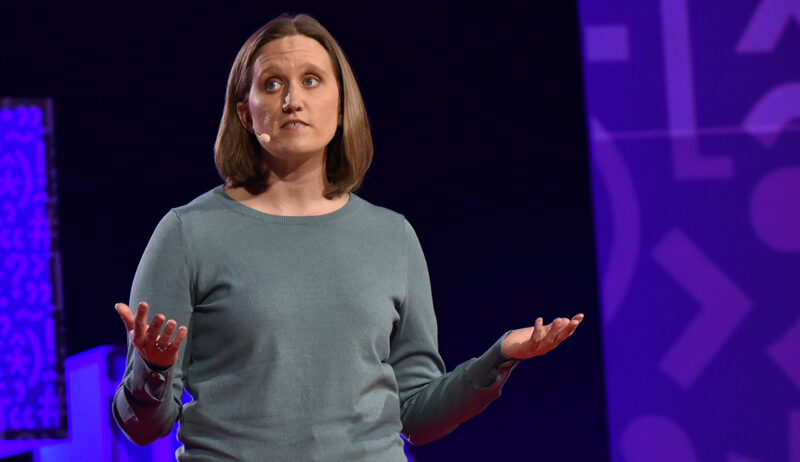About this talk
The trillions of bacteria that live in our guts not only aid in our digestion and protect us from infections, but they are also closely linked to some of the most challenging diseases of our time, such as obesity, diabetes, and autoimmunity. However, studying these complex gut bacterial communities, or microbiomes, demands advanced computational methods. At his lab at the University of Minnesota, computational microbiologist Dan Knights is developing such methods and applying them to the study of human disease.
Dan and his team are specifically focused on how the diversity of gut microbes in primates varies depending on where they live, and how this diversity, or lack thereof, is directly linked to the diseases that afflict those primates. Watch Dan’s 2017 TEDMED Talk to learn how he’s helping to develop the tools we’ll need to restore and replenish our microbiomes as a means to sufficiently adapt to our surroundings and to keep us protected against disease.
About Dan Knights
See more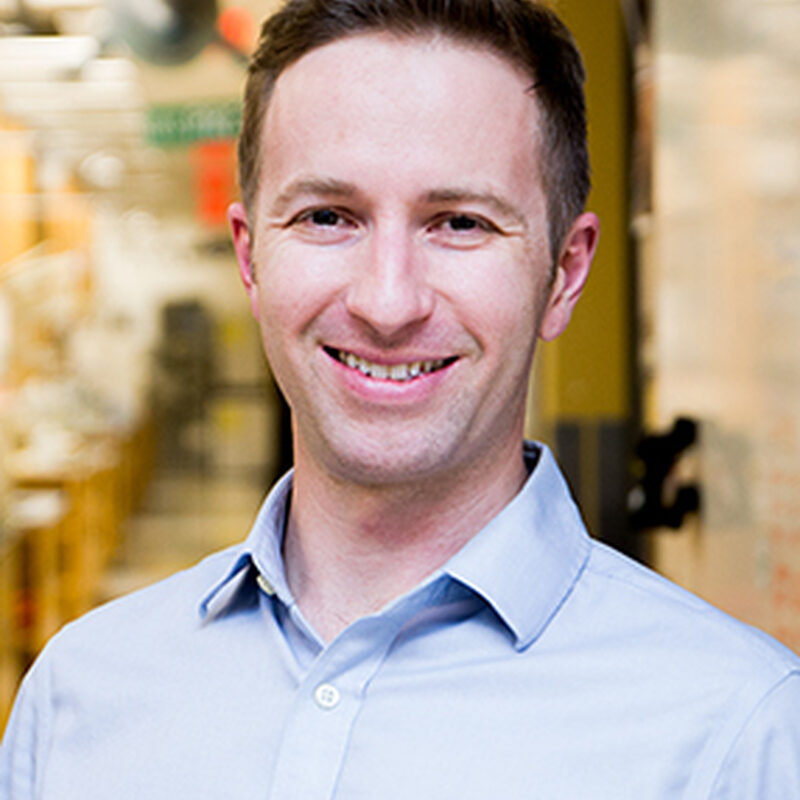
Dan Knights is a professor at the University of Minnesota and a leading scientist who uses computers to study the trillions of bacteria that live in our bodies, known as the microbiome. He combines his knowledge of computer science and biology to develop new methods for precision medicine, which is the practice of tailoring medical treatment to each individual. His research focuses on how our modern lifestyles, including what we eat and the medicines we take, are changing our microbiomes. He studies how these changes can lead to an increase in diseases like Crohn’s disease and other modern illnesses. Dan’s lab is currently working on a new way to use a person’s microbiome to discover and create new drugs. In addition to his academic work, Dan is the co-founder and CEO of CoreBiome, a company that helps other researchers and companies to analyze the microbiome. His work has been published in over 70 scientific articles and is helping to shape a new area of medicine that links nutrition, microbial activity, and a person’s overall health.

